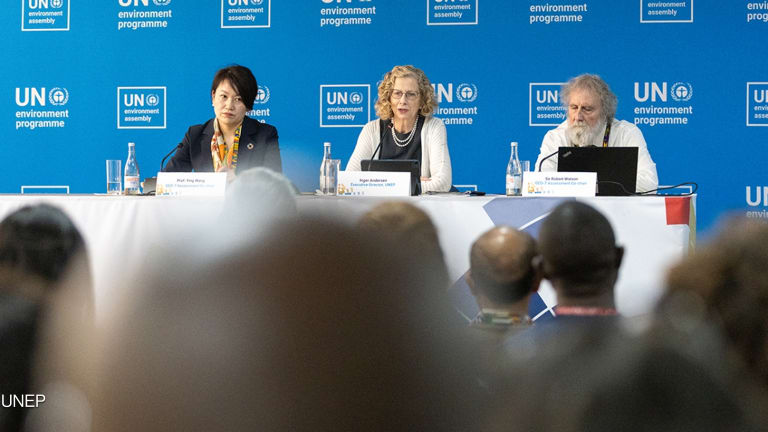Despite unprecedented commitments on loss and damage and to a reform of international finance at the recent climate change conference, or COP 27, in Sharm el-Sheikh, Egypt, a key conversation was missing: degrowth. This economic model and movement centers human and planetary well-being, and growth in sectors that promote this well-being, rather than solely economic growth.
Why does this matter? We cannot confront the climate emergency without confronting its economic roots. Our economy depends on exponential growth and prioritizes shareholder profit, though stakeholder capitalism is gaining increasing attention. This means continual wringing out of natural resources and labor, and relentless reinvestment of the profits from increased productivity into continued exponential growth. Degrowth experts have compared our current economic model to a jet that depends on endlessly gaining elevation to stay aloft.
In short, our global economy is intrinsically unsustainable; it encounters resistance from people in all corners of the world due to its massive inequalities, and it is causing planetary breakdown: the climate emergency, biodiversity collapse, and soil loss.








